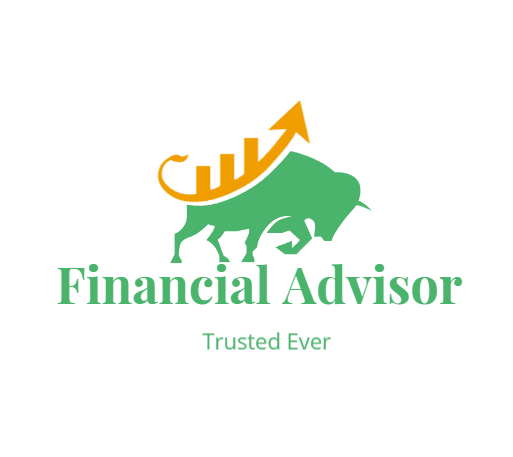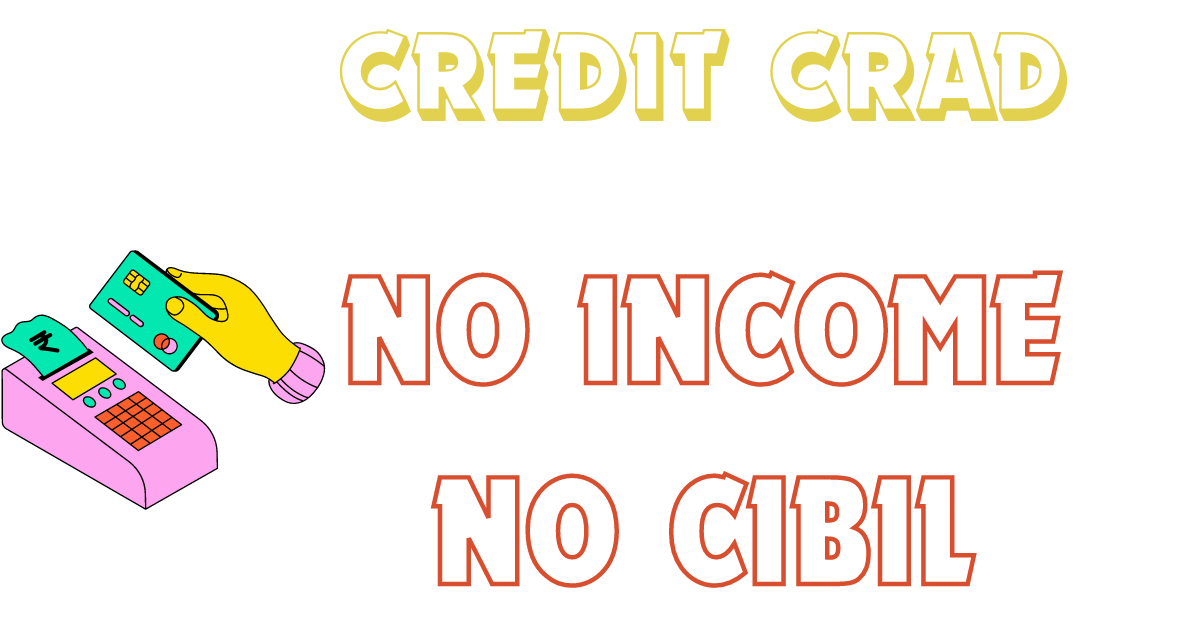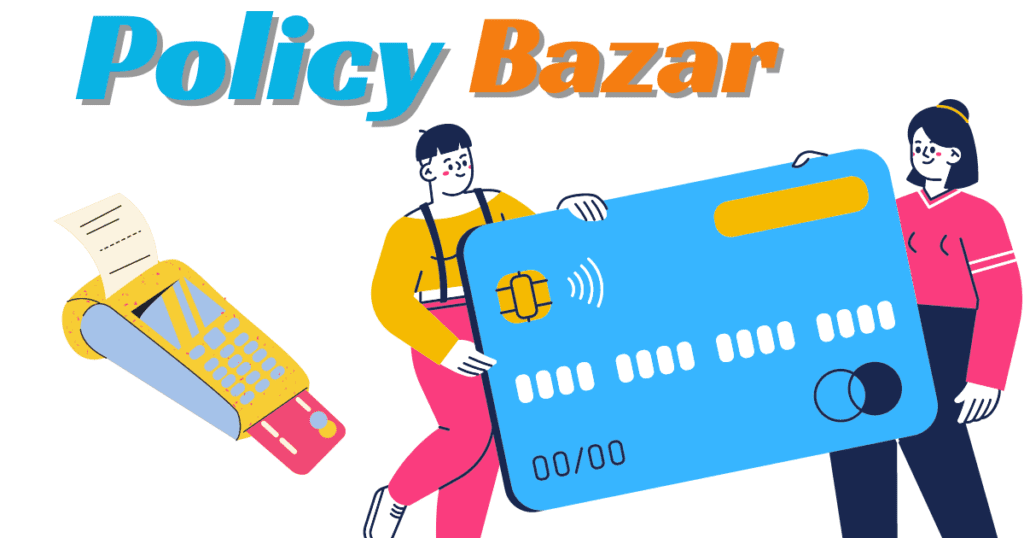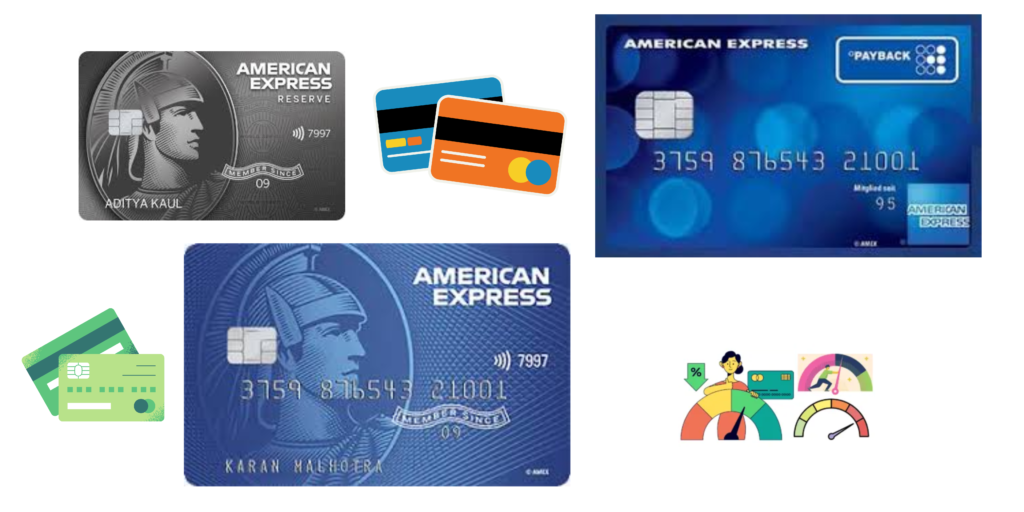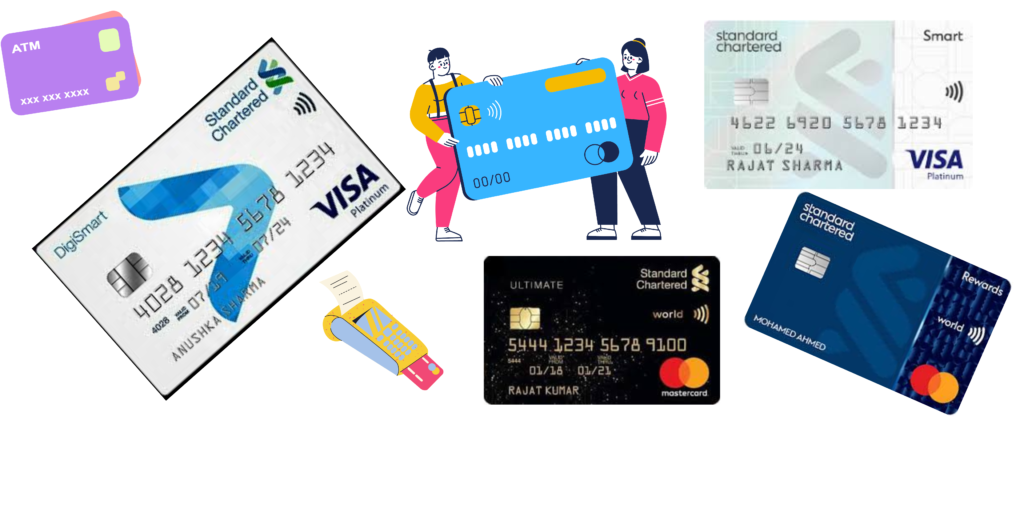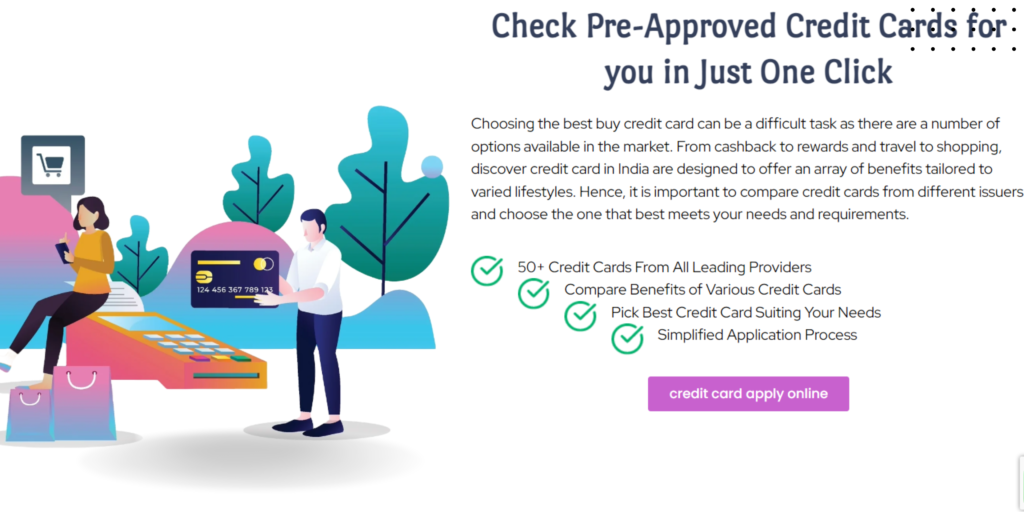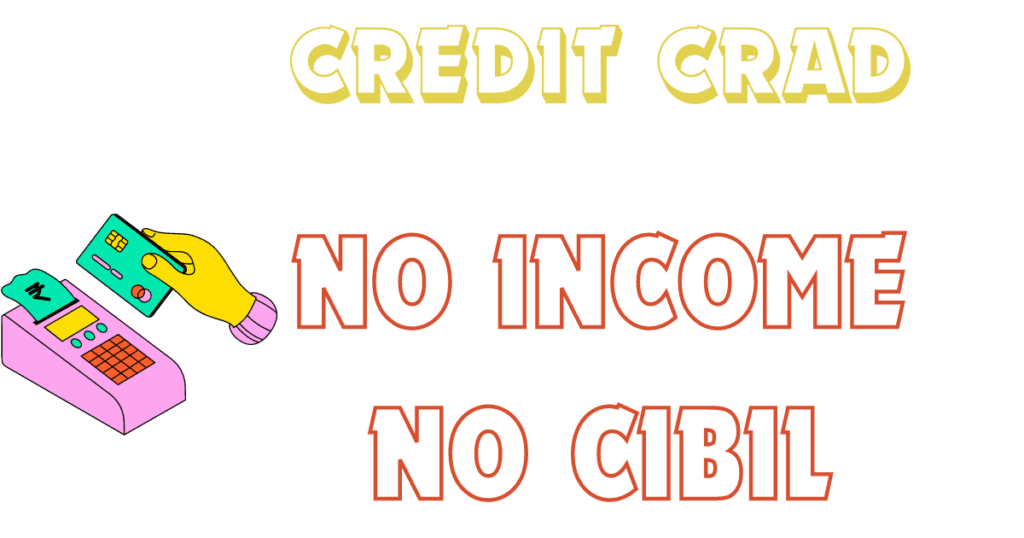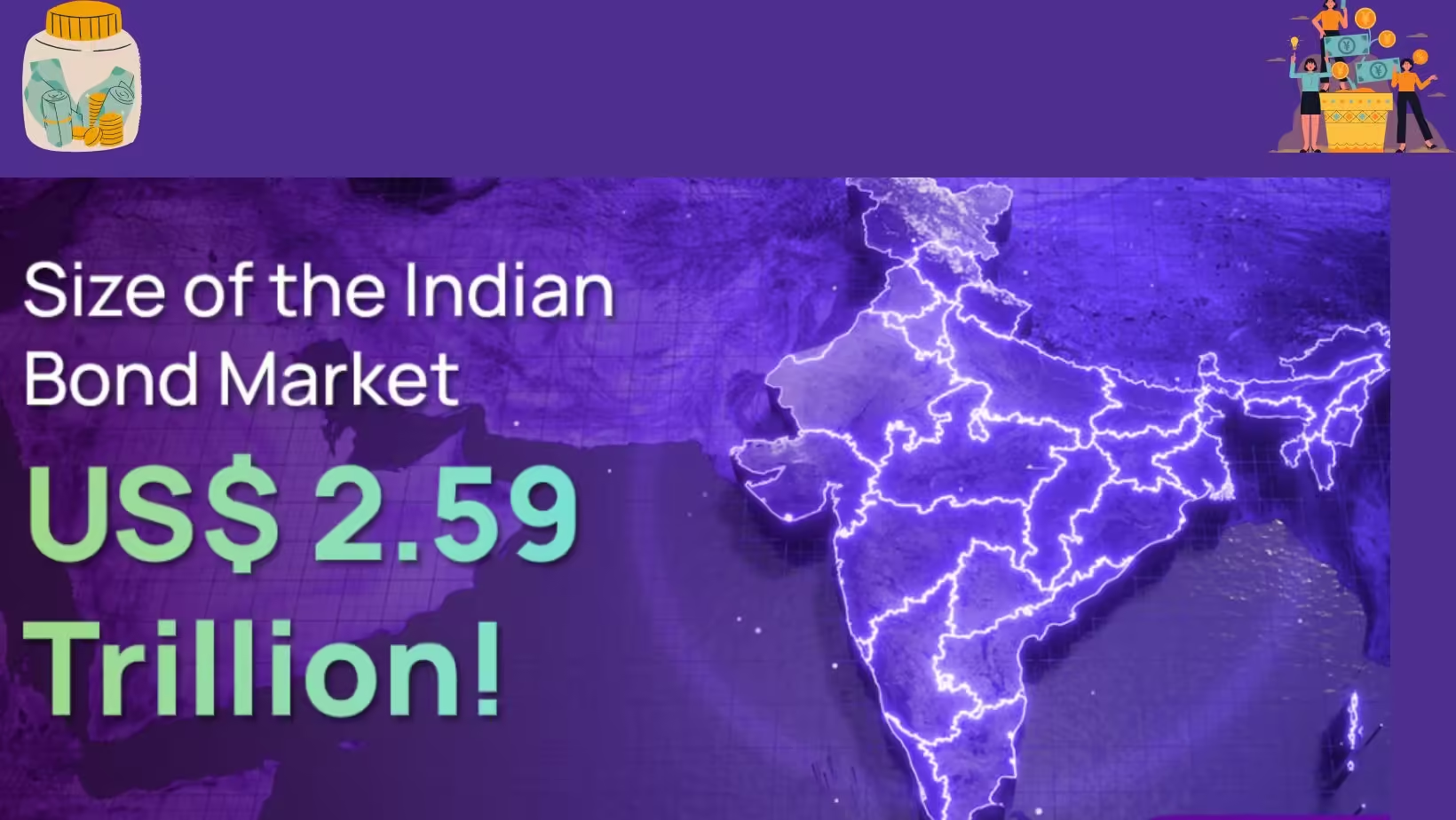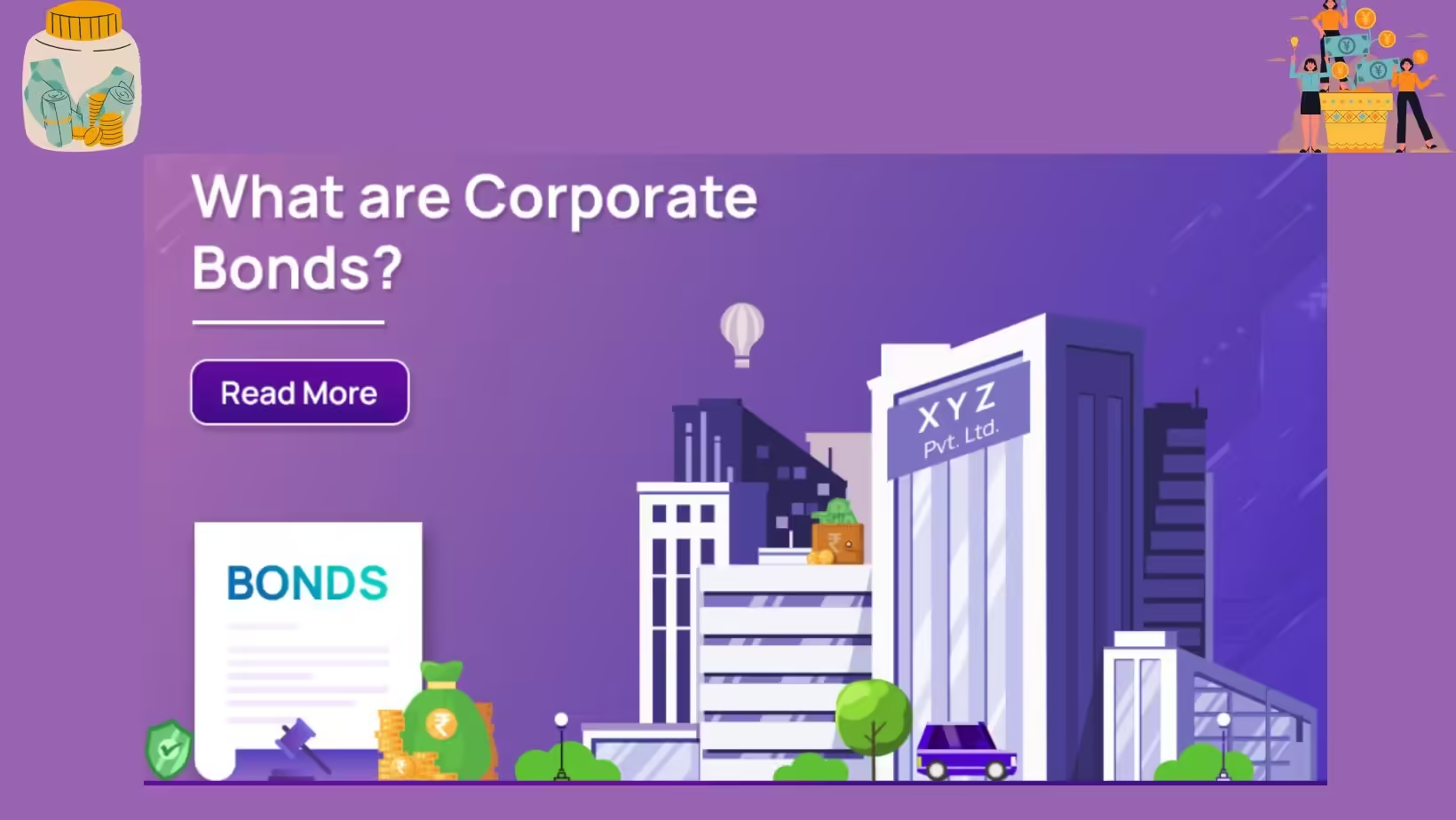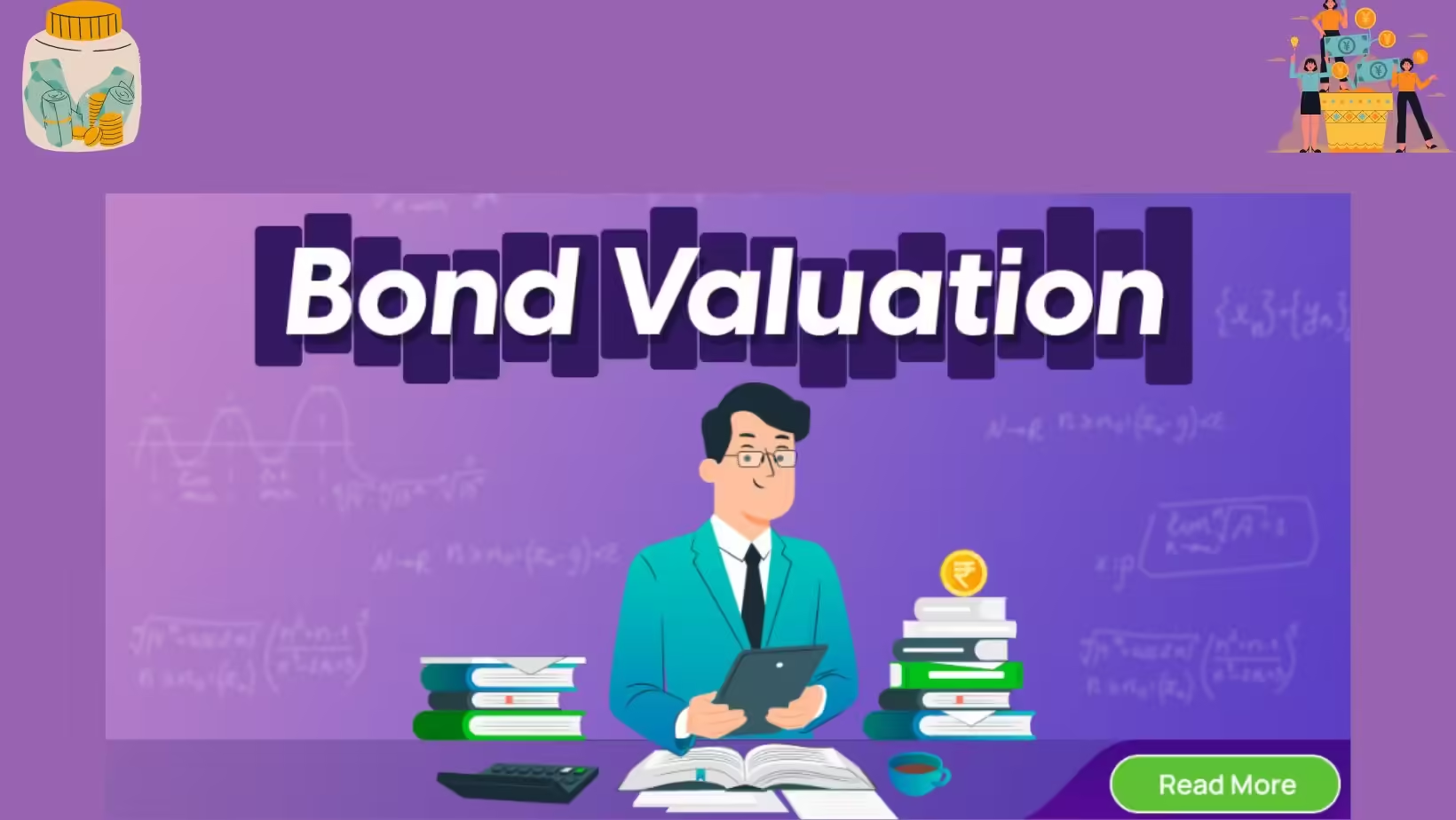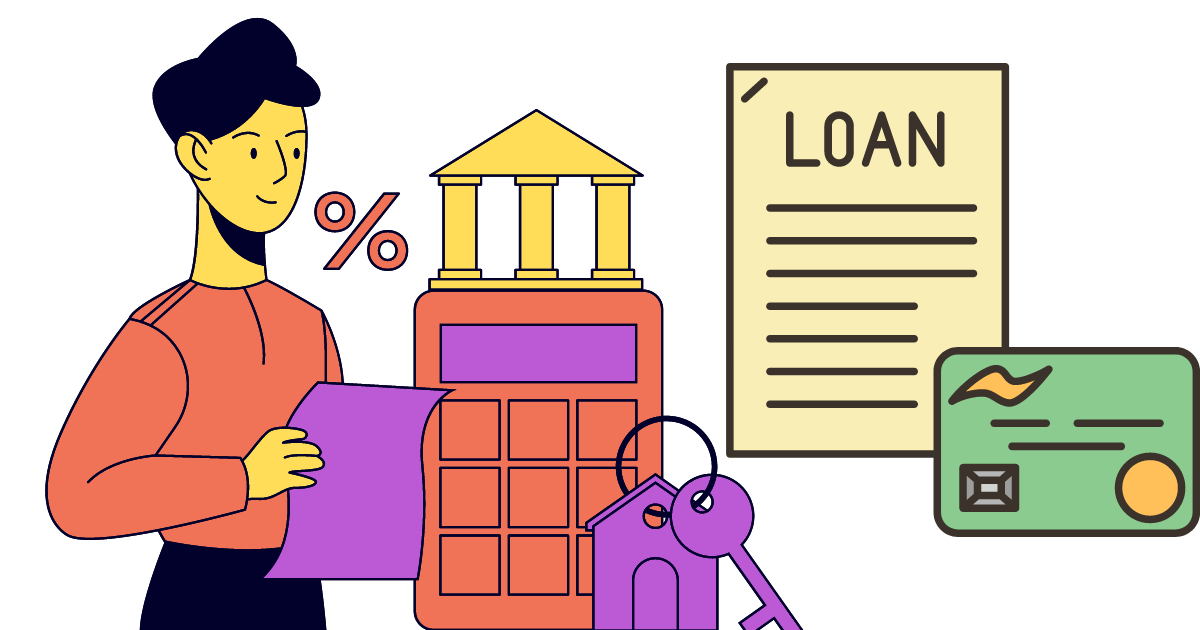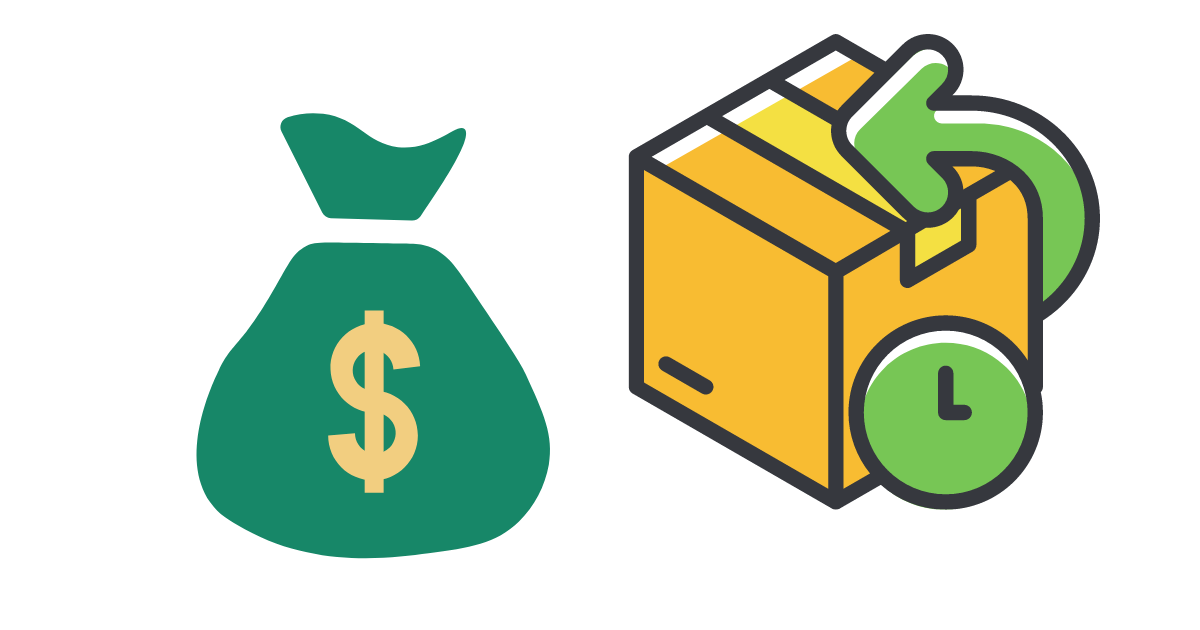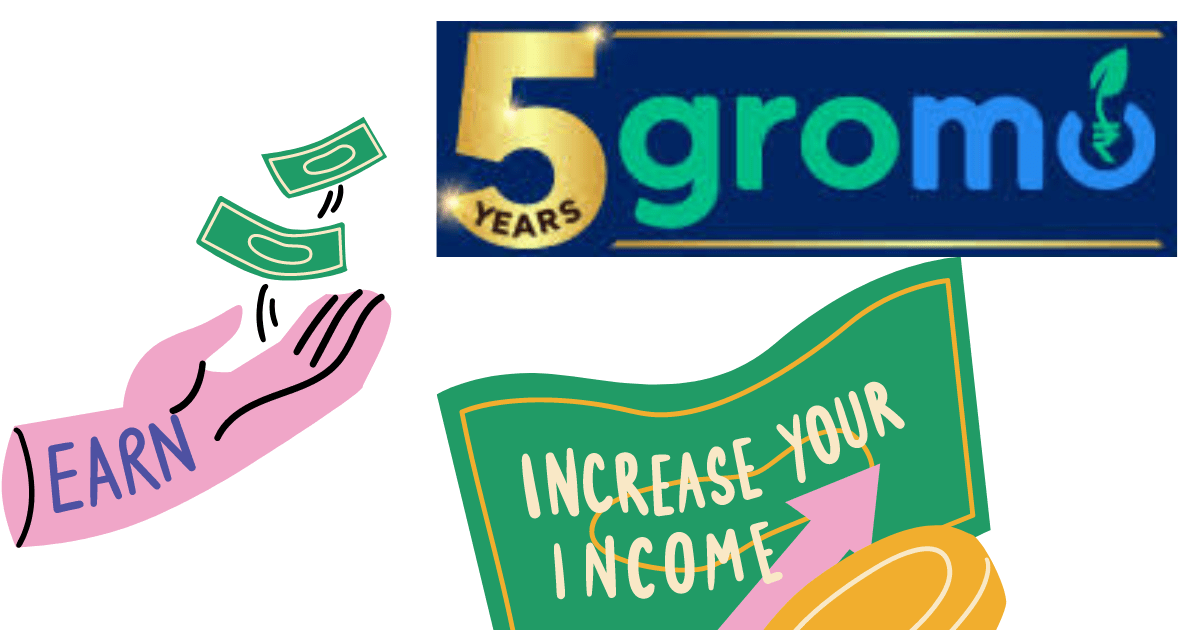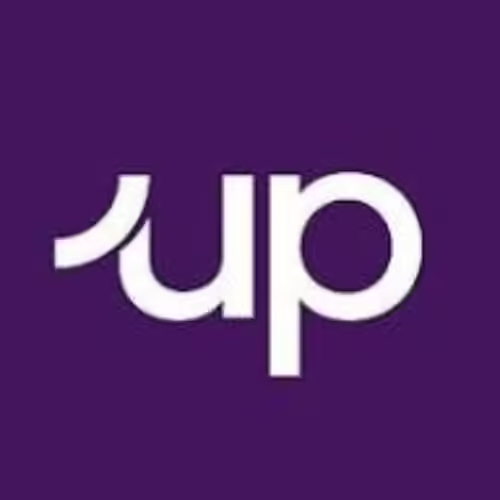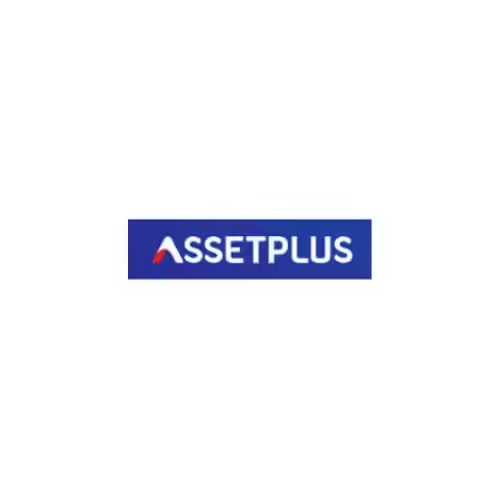Introduction
Applying for a credit card can feel like a daunting task, especially if you think that a thick stack of income proof documents is a must-have. But what if we told you that there’s a way around it? Yes, you read that right! Even without traditional income proof, securing a credit card isn’t a dream far out of reach. This blog will walk you through the essentials of bypassing the conventional proof of income route, focusing on alternative documentation and the significance of your credit history. Get ready to unlock the door to financial flexibility with or without income proof!
Alright, let’s dive into the nitty-gritty of how you can secure that coveted piece of plastic (a credit card) without direct income proof. This is especially pertinent for those who are navigating through unconventional income paths or are temporarily out of traditional employment.How to Get a Credit Card Without Income Proof
Understanding the Importance of Income Proof
Before we leap into the alternatives, let’s take a moment to understand why income proof is usually a big deal for credit card issuers. Essentially, banks and credit card companies are all about risk management. They want to be confident that you can pay back what you spend using their credit card. Income proof (like a salary slip or a tax return) is a straightforward way for them to assess your financial stability and repayment capacity.
However, the traditional workforce landscape is changing. More people are diving into entrepreneurship, freelancing, and gig work, which may not provide conventional income proof. Or perhaps, you’re in between jobs but financially responsible enough to handle a credit card. This doesn’t mean you’re at a dead end. Let’s explore some alternative routes that can help you in such situations.
Exploring Alternative Documentation for Credit Card Applications
While the path without traditional income proof might be less trodden, it’s not devoid of options. There are a variety of documents and evidence you can provide to prove your financial worthiness for a credit card. Let’s check them out.
Bank Statements
One of the first ports of call can be your bank statements. These documents offer a snapshot of your financial health, showing your income from various sources, your spending habits, and your saving practices. Regular deposits into your account, be it from freelance gigs, investments, or other sources, can demonstrate financial stability. Highlighting continuous, reliable deposits into your account for the past few months can serve as a testament to your ability to manage a credit card.
Fixed Deposit Receipts
If you have money tied up in fixed deposits, these can be your golden ticket. Fixed deposits are seen as a sign of financial prudence and stability. Showing that you have substantial amounts locked away in fixed deposits can be reassuring for credit card issuers. Some banks even offer credit cards against fixed deposits, eliminating the need for income proof entirely. This is because the credit limit is often set to a percentage of the deposit amount, reducing the risk for the issuer. Get Your credit card by FD of min. 5k to max 3 lakh limit.
Income from Freelance Work
For the freelancers out there, your unconventional income is not a barrier but rather a testament to your earning capability. The key here is to organize your income documentation. Regular invoices, payment receipts, and contracts can collectively paint a picture of a steady income. Highlight consistent clients and projects to demonstrate ongoing work. It can also be helpful to provide tax returns that include your freelancing income, as this adds an official stamp to your earnings.
While the path to obtaining a credit card without traditional income proof might require a bit more legwork, it’s certainly not an impassable journey. The trick lies in demonstrating financial stability and the ability to manage credit, regardless of how your income is structured. Bank statements, fixed deposits, and organized documentation of freelance income are all viable ways to showcase your financial health.
Remember, the ultimate goal for the credit card issuer is to ensure that you can handle your credit responsibly. By providing alternative documentation, you’re essentially painting a broader picture of your financial life, one that goes beyond traditional income proof to include your overall money management skills. This comprehensive view can be just as convincing, if not more so, than a simple income statement.
In essence, whether you’re navigating the world of credit cards as a freelancer, entrepreneur, or someone between jobs, there are pathways to prove your financial eligibility. It’s all about gathering the right documentation and presenting your financial situation in the best light. With a bit of preparation and organization, your dream of owning a credit card, even without conventional income proof, can become a reality.
The Role of Credit History in Credit Card Eligibility
Getting a credit card might seem like a challenge if you don’t have traditional income proof, but your credit history can be a powerful ally in this journey. Credit history is essentially your financial report card. It shows how consistently you’ve paid off debts, loans, and bills over time. Credit card issuers look at this history to decide if you’re a safe bet. If you’ve shown you can manage previous debts well, they’re more likely to consider you for a credit card, even without traditional income proof.
Building Your Credit History
If your credit history is sparse or nonexistent, start working on it now. You can begin by becoming an authorized user on someone else’s credit card, like a family member’s. This way, their card activity can help build your credit history. Another route is taking out a small loan or a secured credit card, which is designed for people looking to build or repair their credit. Always ensure you’re making payments on time and keeping your debt levels low. Over time, these actions build a credit history that reflects positively on your financial responsibility.
Checking Your Credit Score
Before you apply for a credit card without income proof, know where you stand with your credit score. This score is a numerical summary of your credit history, and checking it is easier than ever before. Many websites and credit card companies offer free credit score checks. Understanding your score helps you gauge your eligibility for certain credit cards and highlights areas for improvement. If your score isn’t where it should be, focus on paying down existing debts and disputing any inaccuracies in your credit report.
How to Get a Credit Card Without Income Proof
Navigating the credit card application process without traditional income proof can be tricky, but it’s far from impossible. Here are some strategies that can enhance your chances.
Choosing the Right Credit Card
When income documentation is an issue, being selective about the credit card you’re applying for is crucial. Opt for cards designed for lower-income or no-income individuals. Several credit card issuers offer products tailored for students, people new to credit, or those with limited income. These cards often have lower credit limits and less stringent eligibility criteria. Research and compare these options, focusing on cards that emphasize credit history over income proof.
Maintaining a Good Credit Score
As mentioned, a strong credit score can significantly influence your ability to get a credit card without conventional income proof. Make it a priority to maintain or improve your credit score. This means paying all your bills on time, keeping your debt-to-credit ratio low, and avoiding new debt. Regularly monitoring your credit score can also help you catch and rectify any mistakes or fraudulent activities that could negatively impact your score.
Exploring Secured Credit Cards
Secured credit cards are an excellent option for those lacking income proof. These cards require a cash deposit that serves as your credit limit. For example, if you deposit $500, that’s your limit. This deposit reduces the risk for the issuer, making them more willing to extend credit even without traditional proof of income. Over time, responsible use of a secured card can build your credit history and score, eventually allowing you to upgrade to a regular, unsecured credit card.
In conclusion, while securing a credit card without traditional income proof may require some extra steps and strategic planning, it’s certainly within reach. Your credit history plays a pivotal role in demonstrating your financial reliability to issuers. By focusing on building a solid credit history, selecting the right credit card for your circumstances, and considering secured credit cards as a stepping stone, you can navigate the path to credit card approval with confidence and ease. Remember, the key is to demonstrate financial responsibility and stability through your credit history and behaviors, even in the absence of conventional income proof.
Navigating the pathway to financial independence can sometimes feel like solving a complex puzzle, especially when it comes to obtaining a credit card without traditional income proof. This endeavor may seem daunting, but with the right strategies and knowledge, it’s entirely possible. In this segment, we will dive into the common challenges you might face and how to gracefully overcome them, followed by some critical mistakes to avoid in your quest.
Common Challenges and How to Overcome Them
When applying for a credit card without income proof, you’re likely to encounter a few hurdles along the way. Understanding these challenges is the first step towards overcoming them.
Lack of Credit History
A significant challenge many face is not having a substantial credit history. Creditors often look at your credit history to gauge your reliability as a borrower. If you haven’t had the chance to build your credit history, don’t worry; there are still ways to work around this.
– Secured Credit Cards: Consider applying for a secured credit card. These cards require a security deposit that typically serves as your credit limit. Regularly using and making timely payments on a secured credit card can help you build your credit history.
– Become an Authorized User: Another strategy is to become an authorized user on someone else’s credit card. This allows you to benefit from the primary cardholder’s credit history, providing a boost to your own.
Limited Income Options
If you’re unemployed, a student, or perhaps in-between jobs, proving financial eligibility for a credit card can seem almost impossible. However, there are ways to demonstrate financial stability without traditional income proof.
– Use of Assets: If you have significant savings or assets, some credit card companies may accept these as evidence of financial stability.
– Alternative Income Sources: Be sure to include all forms of income on your application. This can include everything from freelance work to dividends from investments.
Mistakes to Avoid When Applying for a Credit Card Without Income Proof
While navigating this process, there are several pitfalls that can complicate your journey to obtaining a credit card. Awareness and avoidance of these mistakes can significantly enhance your chances of approval.
Providing False Information
One of the gravest mistakes you can make is to provide false information on your credit card application. This not only includes blatantly lying about your income but also overestimating your earnings or not reporting all of your debts. Here’s why honesty is your best policy:
– Legal Consequences: Falsifying information on a credit application can lead to legal penalties.
– Long-Term Impact: Lies on your application can lead to denials or revocations of credit, affecting your ability to obtain credit in the future.
Always ensure that the information you provide is accurate and verifiable.
Applying for Multiple Credit Cards Simultaneously
It might be tempting to cast a wide net by applying for several credit cards at once, especially when you’re uncertain about your eligibility. However, this approach can backfire for several reasons:
– Hard Inquiries: Each credit card application typically involves a hard inquiry on your credit report. Numerous inquiries in a short period can negatively impact your credit score.
– Red Flag for Lenders: Applying for multiple credit cards at once can appear risky to lenders. It might give the impression that you are desperate for credit or planning to accumulate debt.
Instead of applying indiscriminately, research credit cards that are known for being friendly to individuals without traditional income proofs or those with limited credit history. Focus on applying for one or two that best match your profile and financial situation.
Getting a credit card without income proof certainly comes with its set of challenges, but it’s far from impossible. By understanding and navigating the common hurdles with tact and mindfulness, and by sidestepping potential missteps along the way, you can pave a smoother path towards securing a credit card. Remember to lean on alternative documentation to showcase your financial eligibility and to be patient as you build or improve your credit history. With persistence and careful planning, you’ll find the financial flexibilities that come with having a credit card are within reach.
Conclusion
Securing a credit card without income proof might sound challenging, but it’s definitely achievable. By leaning on the strength of a solid credit history, exploring co-signed or secured credit card options, and considering alternative documentation to prove your financial stability, you can open the door to credit card approval. Remember, financial institutions are looking for trustworthy individuals, so showing them you’re a reliable candidate in other ways can make all the difference. Happy card hunting!
